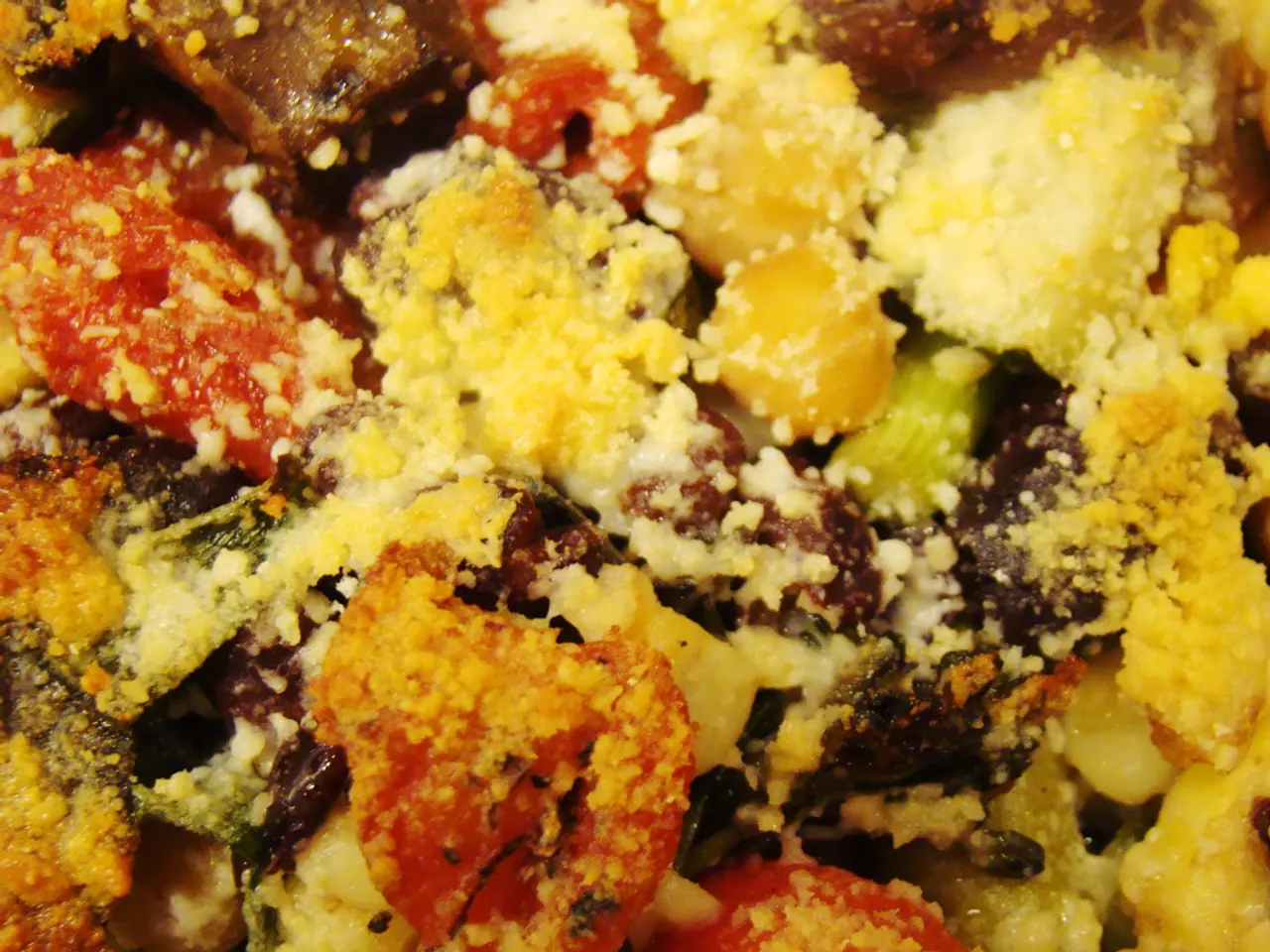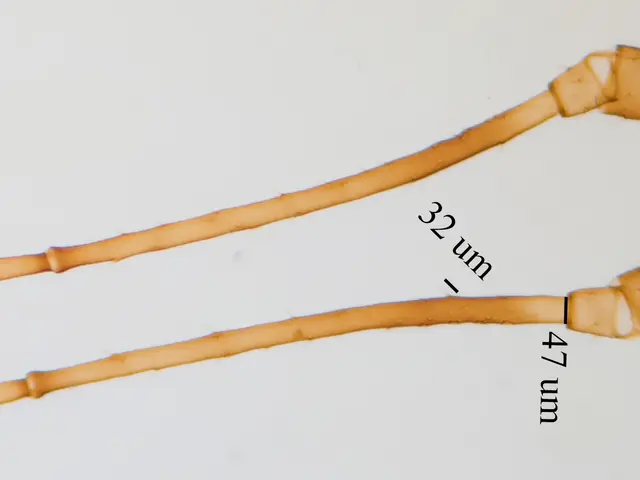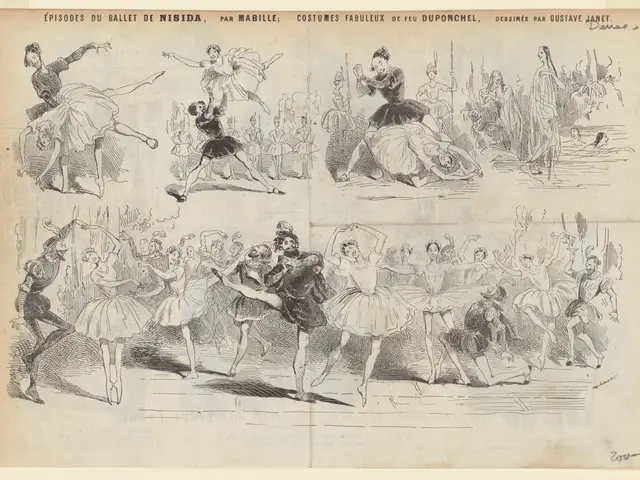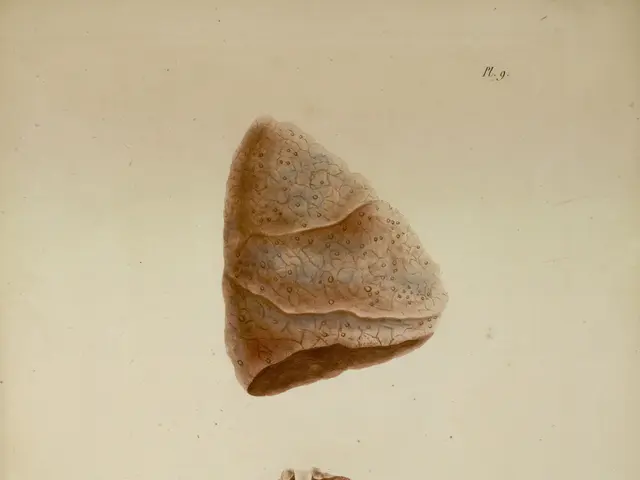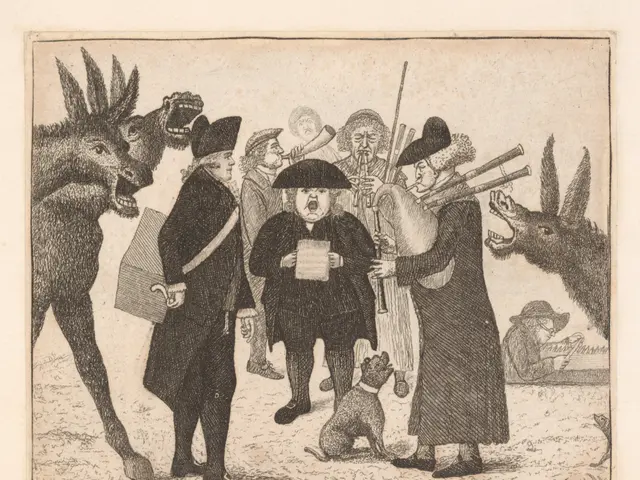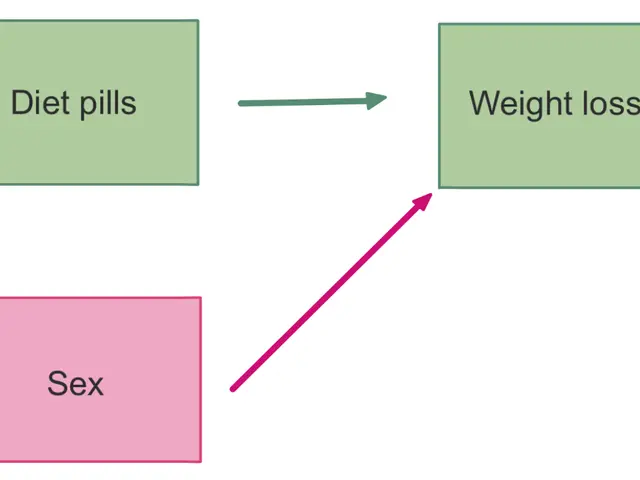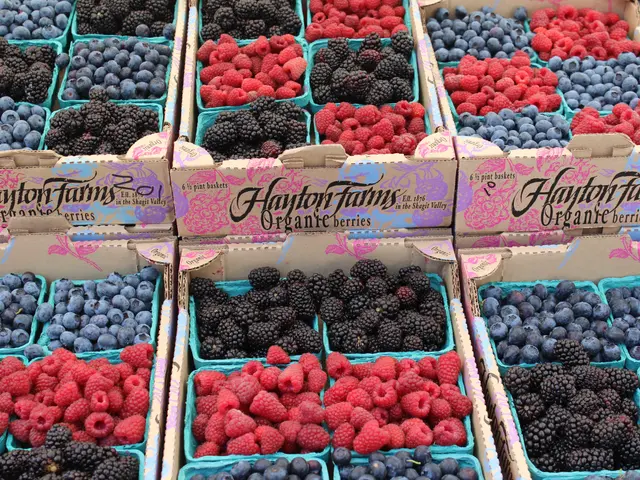Government's Incomplete Food Recommendations Unveiled
The Union Health Ministry of India has recently issued an advisory to display "Oil and Sugar Boards" in government workplaces, aiming to raise awareness about the harmful effects of excessive consumption of hidden fats and sugars in various foods and to encourage healthier dietary choices. This initiative is part of a broader public health initiative under the National Programme for Prevention and Control of Non-Communicable Diseases (NP-NCD), aimed at combating the rising rates of obesity, diabetes, hypertension, and other lifestyle diseases in India.
The advisory does not impose warning labels on specific food items such as samosas, jalebis, or laddoos, nor does it target India’s traditional street food culture. Instead, it serves as a general behavioral nudge promoting increased intake of fruits, vegetables, low-fat foods, and physical activity like using stairs or organizing exercise breaks in workplaces.
However, the advisory sparked controversy and confusion due to misleading media reports suggesting that the Ministry had directed warnings or red-flagging of iconic Indian snacks like samosas and jalebis. This led to public and social media backlash, propelled by misunderstandings about the advisory’s intent and scope. The Ministry of Health has since clarified these rumors, emphasizing that the campaign is about raising general health awareness in workplaces and is not intended to stigmatize any particular foods.
The Oil and Sugar Boards are part of the Food Safety and Standards Authority of India's Eat Right India programme, launched in July 2018. The programme encourages a shift towards healthier food choices and promotes the consumption of millets, a healthier cereal than rice or wheat, as recently encouraged by Prime Minister Narendra Modi.
The economic impact of obesity was $28.95 billion in 2019, a figure expected to further escalate to $838.6 billion by 2060. As the health ministry continues to address these issues, it is crucial that officials are mindful of their messaging regarding food to avoid misconceptions and maintain public support.
In summary, the Union Health Ministry's Oil and Sugar Awareness Campaign is a preventive health care initiative aimed at raising awareness about the harmful effects of excessive oil and sugar consumption and encouraging healthier food and activity choices at workplaces. The advisory is general, non-targeted, and part of a national health initiative against obesity and lifestyle diseases. Misleading media reports have led to public misunderstanding and backlash, which the Ministry has since addressed through clarifications. The initiative reflects the Ministry’s priority on preventive health care through education and environmental nudges rather than regulatory restrictions on traditional foods.
- The Oil and Sugar Awareness Campaign, an integral part of the broader public health initiative under the National Programme for Prevention and Control of Non-Communicable Diseases, is not about imposing warning labels on traditional Indian snacks like samosas and jalebis, but rather, it is a general nudge towards healthier food choices and increased physical activity.
- Encouraging a shift towards healthier food choices, the Food Safety and Standards Authority of India's Eat Right India programme promotes the consumption of millets, a healthier cereal than rice or wheat, as backed by Prime Minister Narendra Modi.
- The campaign, with its aim to combat the rising rates of obesity, diabetes, hypertension, and other lifestyle diseases in India, is centered on education and environmental nudges, such as displaying Oil and Sugar Boards in government workplaces and promoting fitness and exercise, rather than regulatory restrictions on traditional foods.
